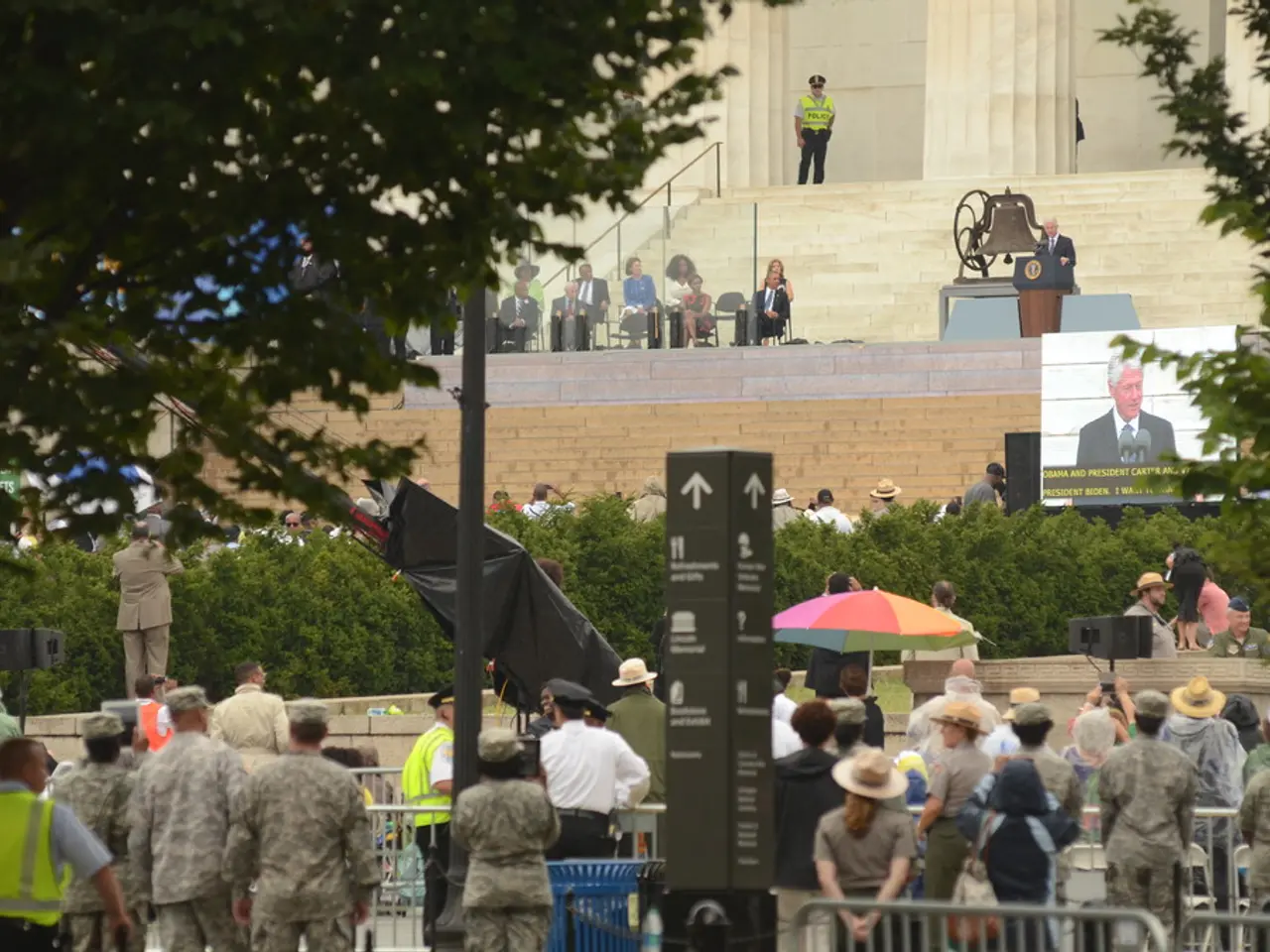Trump's displeasure prompted the dismissal of a general following a controversial report about the impact of the Iranian strike
In a series of unexpected moves, the U.S. military and intelligence agencies have been shaken by a wave of departures and dismissals.
The most recent development came in April, when Defense Secretary Pete Hegseth dismissed Lt. Gen. Jeffrey Kruse as head of the U.S. Defense Intelligence Agency. Kruse's dismissal was reportedly due to his initial intelligence assessment of the damage to Iranian nuclear sites from U.S. strikes, which angered President Donald Trump.
Prior to this, in June, Hegseth had pronounced the Iranian nuclear program as "completely and fully obliterated" following U.S. airstrikes. However, a preliminary assessment leaked to the media revealed that Iran's nuclear program had been set back only a few months by the U.S. strikes, contradicting assertions from Trump and Israeli Prime Minister Benjamin Netanyahu.
In the same month, the Air Force's top uniformed officer, Gen. David Allvin, announced his retirement two years early. The Pentagon did not provide a public explanation for Allvin's early retirement.
The administration has also been aggressive in dismissing top military officials, often without formal explanation. In April, Gen. Tim Haugh was fired as head of the National Security Agency, and Vice Adm. Shoshana Chatfield, a senior official at NATO, was also let go.
The top lawyers for three military service branches have also been fired, adding to the sense of upheaval within the U.S. military.
Some of the dismissed officers were believed by the administration to endorse diversity, equity, and inclusion programs, raising questions about the potential political motivations behind these dismissals.
The Office of the Director of National Intelligence (ODNI) plans to slash its staff and budget, further adding to the turmoil within the intelligence community.
In a news conference following the June strikes, Hegseth criticized the press for focusing on the preliminary assessment but did not offer any direct evidence of the destruction of Iranian nuclear production facilities.
The Navy's top officer has also been dismissed, but no details have been provided about the reasons behind this decision.
The administration has also recently fired Air Force Gen. CQ Brown Jr. as the chairman of the Joint Chiefs of Staff, but the reasons for his dismissal have not been disclosed.
These developments mark a significant period of instability within the U.S. military and intelligence agencies, with many questions remaining unanswered.
Read also:
- ICE directed to enhance detention conditions following NYC immigrants' allegations of maltreatment
- Israeli finance minister issues warnings about potential annexation of West Bank territories
- United States faces rebuttal from South Africa over allegedly deceitful human rights report and assertions of land expropriation
- Accident at Rodalben Results in Injuries; Geoskop Area near Kusel Affected After Stormy Weather








